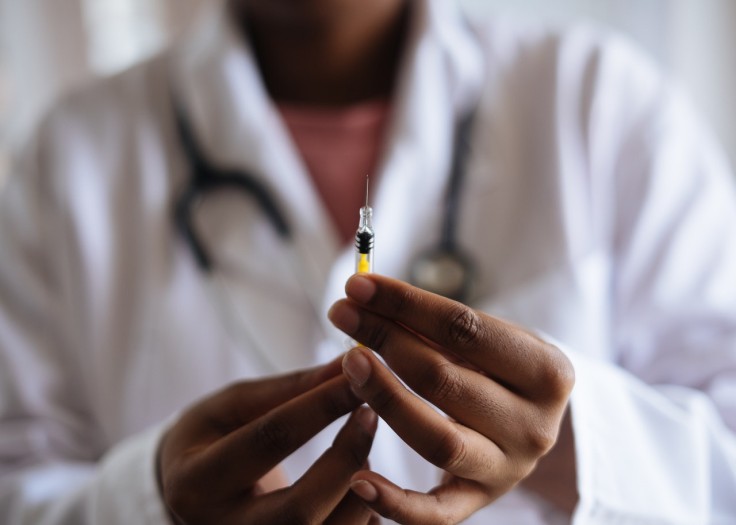
A 12-year-old boy is among the youngest to volunteer in Pfizer's third and final phase of COVID-19 vaccine trials currently taking place at Cincinnati Children's Hospital in Ohio.
The seventh-grader, whose dad also got the experimental vaccine, had been given his first dosage along with other young volunteers. The boy, identified only as Abhinav, said he hopes that widespread vaccination will help make sure it's safe for his grandparents to resume their visit from India, and also for classes at school to get back to normal.
Trials now on "planned" pause
The team who vaccinated 100 children last week said they are now in a planned pause to watch for reactions to the vaccine. Speaking to CNN, Dr. Robert Frenck said that the pause will make sure that everything is as safe as it can be. Among the signs that they will watch for include lumps, pain, or redness at the site of the injection, as well as aches and fever.
Abhinav's school is currently holding in-person classes but he said that the desks are spaced far apart and students are further separated by a Plexiglass screen. He said that Plexiglass makes it difficult to hear the person talking on the other end of the classroom. This is why he thinks everyone at his school would like to get back to normal.
He has a 50/50 chance of getting the real vaccine
Only half of the volunteers would get the real shot while the rest will get a placebo or dummy shot. However, Abhinav hopes that he gets the real vaccine because he believes it can protect him. He said that a vaccine could help prevent the spread of the virus and that he would probably request other kids like him to maybe take it.
Having been a volunteer himself during the Phase 1 test of the vaccine, Abhinav's father, Sharat, is confident that the vaccine trial would be safe for his son. He said that he is aware of AstraZeneca vaccine's side-effect. The trial was paused for almost two months in the U.S. after a British volunteer had neurological symptoms.
Frenck wants to reassure parents who may be nervous about giving their children the experimental vaccine that 30,000 adults have already been tested and the vaccine has safety data from all of them. He also added that vaccinating children against the virus is important if we are to have any hope of controlling it.
The vaccine uses a technology used to fight cancer
No active virus is used in Pfizer's vaccine but instead, a small piece of genetic material called mRNA is used. While the approach was used to fight cancer, this will be the first time that mRNA will be used for an infectious disease. Frenck added that mRNA gets degraded quite quickly so it doesn't hang around in the body.
The side-effects they have observed so far have been mild. Some felt achiness which is likely due to the body developing an immune response. French said that none of those 400 adults who received the vaccine in Cincinnati's trials reported that they missed work because of the side effects.
As for teen volunteers, some had mild responses, with one developing a low-grade fever and felt fine after taking a dose of ibuprofen. So far, Abhinav said that his arm is "feeling pretty good."